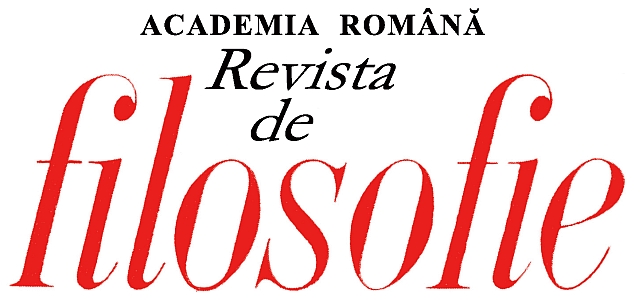CONSTITUIREA TRADIŢIEI POZITIVISTE
ŞI PROBLEMA MATEMATIZĂRII ŞTIINŢELOR OMULUI
The Genesis of Positivist Tradition and the Mathematization of Humanities’
Problem.
Author(s): Constantin StoenescuSubject(s): Epistemology
Published by: Editura Academiei Române
Keywords: Auguste Comte; John St. Mill; positivism; invariable law; the use of mathematics;
Summary/Abstract: Our aim in this paper is to offer a historical reconstruction of the beginningsof positivist tradition starting with its definition in programatic works published byAuguste Comte and John St. Mill. Comte has identified two immediate consequences ofthe positivist project, a methodological one, namely, the positivist philosophy haseffects towards the improvement of scientific research as a quest for truth, and anotherwith reference to the uses of research results and their applicability. Natural sciencesare understood as a methodological ideal for social sciences, first of all for Sociologyand Psychology. Mill will be focused on the possibility to use mathematics in thedescription of invariable laws which assure the capacity to make predictions based onthe knowledge of causes. Mill mentions the difficulties which are produced by thecomplexity of social phenomena and he proposes a statistical and probabilisticapproach, opening a debate which continues in contemporary philosophy
Journal: Revista de filosofie
- Issue Year: LXVI/2019
- Issue No: 2
- Page Range: 150-165
- Page Count: 16
- Language: Romanian, Moldavian

